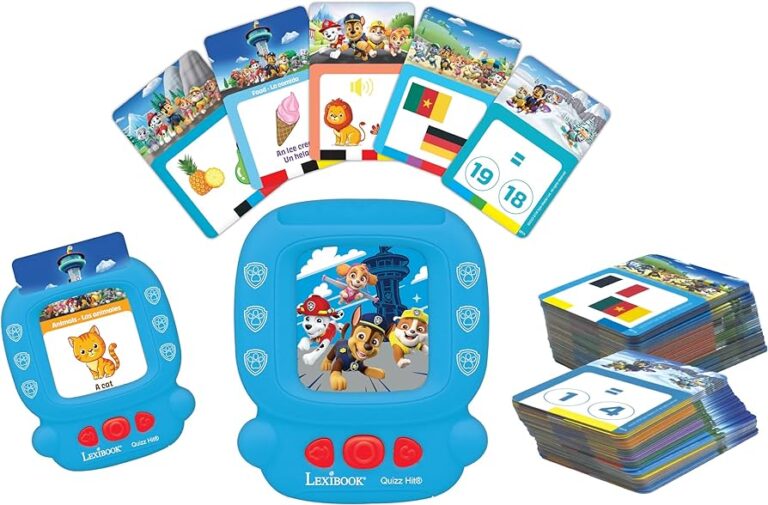Navigating Everyday Conversations With Essential English Slang : Mastering Conversational Lingo
Are you ready to take your English conversations to the next level? Then buckle up and get ready to dive into the world of essential English slang! By incorporating these popular slang terms, you’ll be able to better understand native English speakers, connect on a deeper level, and sound like a natural speaker yourself.

Credit: www.amazon.com
Understanding the Importance of English Slang
Understanding the importance of English slang goes beyond mere comprehension of colloquial expressions; it delves into the heart of cultural communication and linguistic evolution. Slang, defined as informal language used by particular groups or communities, serves as a dynamic and expressive tool that reflects the zeitgeist of its time and the nuances of its speakers.
English slang is an integral part of informal communication. It adds color, expressiveness, and cultural context to conversations, making them more engaging and relatable. Whether you’re traveling abroad, attending English-speaking social events, or simply aiming to impress your friends, mastering English slang gives you an edge.
English Slang are Cultural Relevance:
Slang is deeply intertwined with culture, serving as a mirror to societal trends, values, and norms. By understanding slang, one gains insights into the cultural context from which it emerges. For instance, the evolution of slang can reflect societal shifts, such as changes in technology, pop culture, or social dynamics.
English Slang are Social Integration:
Mastery of slang facilitates social integration and fosters a sense of belonging within a particular group or community. Whether it’s teenagers communicating with their peers or professionals networking within their industry, the ability to use slang appropriately can strengthen social bonds and facilitate smoother interactions.
English Slang uses in Expressiveness:
Slang provides individuals with a versatile means of expression, allowing them to convey complex ideas or emotions succinctly and with flair. By harnessing the power of slang, speakers can infuse their language with creativity, humor, or authenticity, thereby enhancing their communicative effectiveness.
English Slang Adaptability:
The fluid nature of slang reflects the ever-changing nature of language itself. New words and expressions continually emerge and evolve, reflecting the dynamic nature of human communication. Embracing slang demonstrates a willingness to adapt and engage with linguistic innovation, thereby remaining relevant in a rapidly changing linguistic landscape.
English Slang uses Informal Communication:
In informal settings, such as casual conversations or social media interactions, slang often dominates as the preferred mode of communication. Understanding and using slang appropriately in these contexts can facilitate smoother and more natural communication, fostering connections and enhancing rapport between individuals.
English Slang Language Evolution:
Slang plays a crucial role in the ongoing evolution of language. While some may view slang as a deviation from standard linguistic norms, it actually serves as a catalyst for linguistic innovation and growth. Many slang terms eventually find their way into mainstream language usage, enriching and diversifying the lexicon.
English Slang for Cultural Literacy:
In an increasingly interconnected world, proficiency in English slang is essential for cultural literacy. As English continues to spread as a global lingua franca, familiarity with slang enables individuals to navigate diverse cultural contexts more effectively, fostering cross-cultural understanding and empathy.

Credit: lingopie.com
1. The Basics: Greetings and Slang Expressions
Let’s begin with some common greetings and slang expressions that you can use in your everyday conversations:
| Greeting | Slang Expression |
|---|---|
| Hello | Hey |
| How are you? | What’s up? |
| Goodbye | Later |
| Thank you | Thanks |
2. Expressing Emotions: Slang Words for Feeling and Reacting
When it comes to expressing emotions, slang words can add depth and nuance to your conversations. Here are some essential slang words for feeling and reacting:
- Awesome – fantastic, great
- Bummer – disappointing situation
- Chill – relaxed, calm
- Dope – cool, excellent
- Yikes – expression of surprise or shock
3. Describing People and Things: Slang Adjectives
Slang adjectives are perfect for describing people and things in a more colorful and informal way. Here are a few examples to get you started:
- Rad – excellent, amazing
- Wicked – extremely cool or impressive
- Sick – outstanding, awesome
- Dope – very cool, impressive
- Lit – exciting, amazing
4. Conversational Fillers: Interjections and Phrases
Inserting interjections and phrases into your conversations can make them more dynamic and engaging. Here are some popular conversational fillers:
- Ah!
- Expression of surprise or realization
- Ugh!
- Expression of annoyance or frustration
- Like
- Used as a filler word or to add emphasis
- Well, you know
- Used to soften statements or indicate uncertainty
5. Slang for Socializing: Party and Nightlife Terms
If you enjoy partying or going out at night, these slang terms will come in handy:
Let’s hit the dance floor and learn some party slang!
| Term | Slang Meaning |
|---|---|
| Get lit | To have a great time |
| Kickback | A relaxed gathering with friends |
| Rager | A wild and crazy party |
| Squad | A close group of friends |
Conclusion
By incorporating essential English slang into your everyday conversations, you can enhance the authenticity and fluency of your spoken English. Remember to practice using these slang terms responsibly and appropriately, as they may carry different connotations in different contexts. So, why wait? Start using these slang expressions today and impress everyone with your English communication skills!






